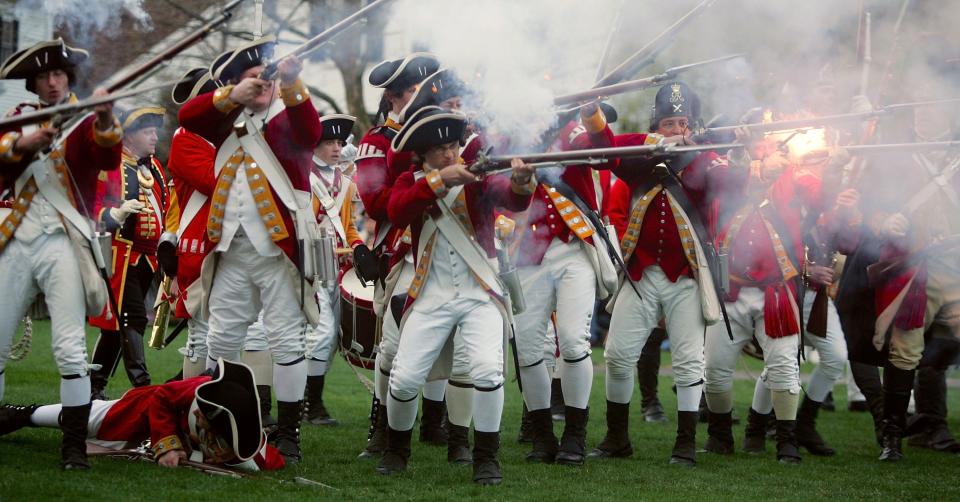Americans' privacy rights find an origin in the U.S. Constitution's Third Amendment
Editor's note: This is a regular feature on issues related to the Constitution and civics education written by Paul G. Summers, retired judge and state attorney general.
The U.S. Constitution is our supreme law of America. Amendments are part of the Constitution. The first 10 amendments, or Bill of Rights, were submitted to the state legislatures in September 1789. The Bill of Rights was ratified in December 1791.
Our Constitution created three separate and equal branches of government. The legislative and executive branches are political; the judiciary is not. Judges must be independent and follow the rule of law. Judges act as checks and balances on abuse of power by other branches.
The Supreme Court ultimately decides whether a law or activity of any of the three branches of government comports with the Constitution. The Court ultimately decides constitutionality. The independence of the third branch is the crown jewel of our constitutional republic.
American colonists complained about mandate to house soldiers
Amendment III to the United States Constitution restricts the “quartering” of soldiers in peoples’ houses without the consent of the owner. This applies during peacetime. Congress can prescribe “by law” the manner in which soldiers may be quartered during wartime.

The Third Amendment says that “(no) Soldier shall, in time of peace be quartered in any house, without the consent of the Owner, nor in time of war, but in a manner to be prescribed by law.”
British Parliament once enacted what was labeled the Quartering Acts. American colonies were required to pay the costs of British soldiers who served in the colonies. If barracks did not have sufficient space or room, the colonists must lodge troops in livery stables, inns, and similar places. The Quartering Act of 1774 provided that colonists might have to house soldiers wherever necessary, including private houses.
This mandate of quartering soldiers was one of many grievances allegedly committed by the King of Great Britain. As provided in the Declaration of Independence of 1776, these alleged transgressions were intolerable.
Third Amendment may seem minimal today, but it is not
The Third Amendment has minimal significance in modern times. Nonetheless, it clearly has implications and should be historically considered. It is arguable that few, if any, Supreme Court decisions specifically address the issue.
This amendment, it has been argued, is at the forefront of an individual’s right to domestic privacy. The people are protected against government intrusion in their homes and places in peacetime and wartime, with conditions.
Be mindful that these are arguments, not court decisions. The quartering of soldiers was a complaint or grievance of colonists which predicated our Declaration of Independence against Great Britain. It was an issue of great importance to colonists in 1776.
The Constitution and Amendments are supreme. Our Constitution supersedes states’ constitutions and statutes, even federal statutes and acts. The judicial branch, headed by the U. S. Supreme Court, is the independent branch of our federal government. Judges decide controversies based on the rule of law. They act as checks and balances on abuse of power by any of the branches, whether by act or action. They interpret what our Constitution says. The Supreme Court’s interpretation in a case or controversy is final, as it should be.
We shall continue our study with the Fourth Amendment. Constitutional study is time well spent. Interpretations are that of the author. We always encourage comments from readers.
Paul G. Summers, a lawyer, is a former appellate and senior judge, district attorney general, and the attorney general of Tennessee. Raised in Fayette County, Judge Summers resides in Nashville and Holladay.
This article originally appeared on Nashville Tennessean: Constitutional right to privacy arguably originates from 3rd Amendment

